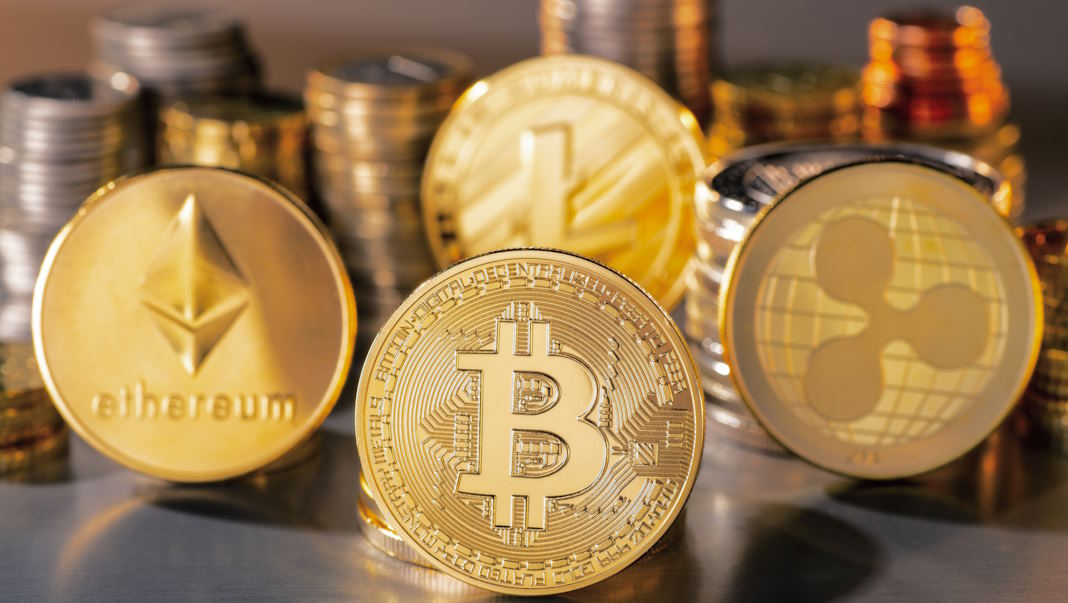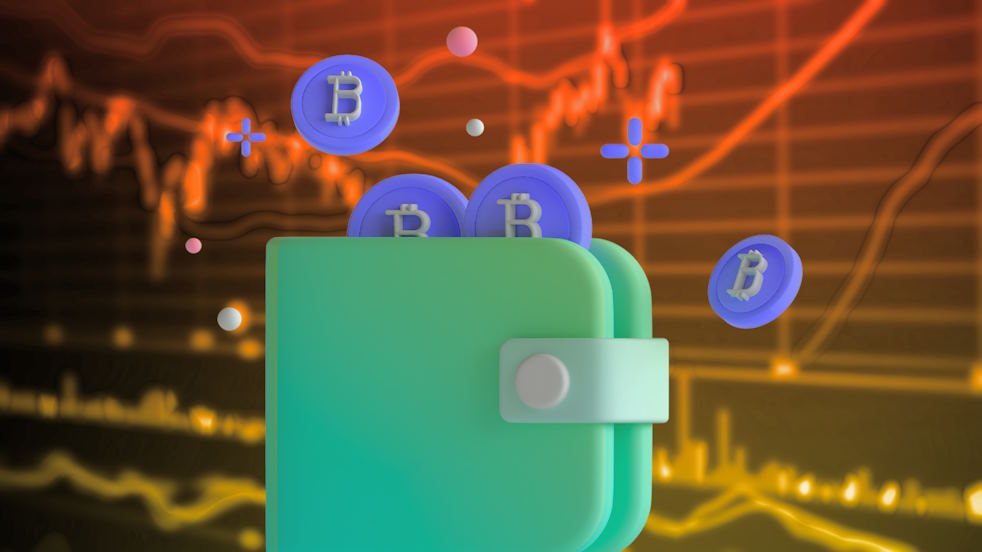
Virtual Real Estate and Metaverse NFTs: Owning Digital Land
— September 14, 2023The concept of owning tangible property has been deeply ingrained in human societies for centuries, but as technology weaves its threads into the fabric of our lives, the notion of ownership has evolved to encompass digital realms. Virtual real estate, a term that might once have seemed paradoxical, now represents a thriving market where digital land is bought, sold, and developed. Paired with the revolutionary potential of Metaverse NFTs, which bring the benefits of blockchain technology and verifiable ownership to the digital domain, the landscape of asset ownership is undergoing a radical transformation. In the pages that follow, we embark on a journey to uncover the intricacies of virtual real estate, explore the immersive world of the Metaverse, and understand how these phenomena are converging to redefine not only ownership but also our very perception of reality.
The Concept of Digital Land Ownership
In the rapidly evolving digital landscape, the concept of owning virtual land has undergone a remarkable transformation, largely driven by the advent of Non-Fungible Tokens (NFTs). These blockchain-based tokens have revolutionized ownership by providing a secure and verifiable way to establish possession of digital assets.
Revolutionizing Ownership through NFTs
NFTs have disrupted traditional notions of ownership by introducing a unique, indivisible, and easily verifiable digital representation of ownership. Unlike cryptocurrencies, NFTs are not interchangeable, making each one distinct and irreplaceable. This innovation has paved the way for the ownership of virtual spaces, buildings, and landscapes within metaverses and virtual worlds.

The Driving Forces Behind Virtual Real Estate Investments
The allure of virtual real estate investments is propelled by a combination of cultural shifts, economic opportunities, and intriguing parallels to the physical real estate market. This convergence of factors has turned digital spaces into a captivating frontier for both enthusiasts and savvy investors alike.
Cultural and Social Significance
Digital spaces have transcended mere entertainment to become vital extensions of our social lives. Metaverses offer a new dimension for self-expression, creativity, and social interactions. As people increasingly identify with their digital personas, owning a piece of virtual real estate becomes a symbol of belonging and status within these dynamic communities.
Economic Potential
The economic prospects within virtual real estate are substantial. Buying, selling, and leasing virtual properties create avenues for revenue generation. Virtual malls, art galleries, and event spaces offer commercial potential, while virtual real estate leasing mirrors the real-world property rental market. Entrepreneurs and content creators can monetize their virtual holdings, reshaping career possibilities in the digital realm.

Opportunities and Challenges in Virtual Property Ownership
Virtual property ownership opens a realm of possibilities, presenting a unique blend of creative opportunities, income generation avenues, and intricate legal considerations.
Creative Opportunities for Virtual Land Development
Digital land functions as a blank canvas for innovation. Creatives can design and construct virtual worlds limited only by their imagination. Virtual property owners have the freedom to mold landscapes, build architectural wonders, and curate immersive experiences. This newfound creative agency gives rise to a new class of digital architects and designers, fostering a vibrant ecosystem of virtual development.
Virtual Commerce and Income Generation
Virtual real estate has evolved into a platform for commerce. Owners can establish virtual businesses, ranging from retail stores and galleries to entertainment venues. The global accessibility of digital spaces enables entrepreneurs to engage with a diverse audience and potentially generate substantial income. The metaverse is becoming a burgeoning marketplace where products, services, and experiences are exchanged, creating opportunities for various revenue streams.
Ethical and Legal Challenges in Digital Property Rights
The intangible nature of virtual property brings forth ethical and legal complexities. Questions surrounding digital property rights, intellectual property theft, and governance mechanisms arise. Balancing individual ownership with the communal nature of virtual spaces presents challenges in establishing rules and regulations. Ensuring fairness, preventing fraud, and protecting creators’ rights are crucial aspects that require thoughtful solutions.






